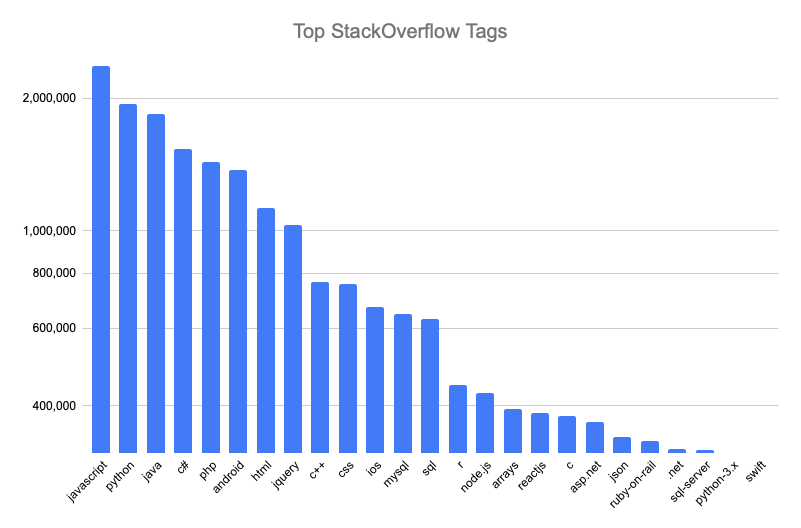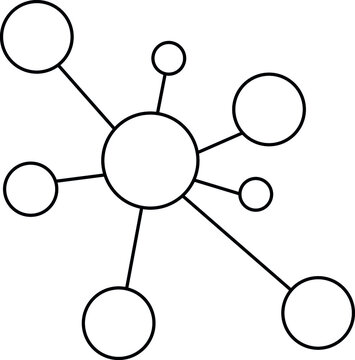Series Editor#

Fig. 1 The Turing Way project illustration by Scriberia. Zenodo. http://doi.org/10.5281/zenodo.3332807#
All code used by students, instructors, and other faculty from the past, current, and future should be readily, but voluntarily, available to the jh-gh-community
We’ll focus on three languages for the following reasons:
Entrenched usage of the commercially available Stata
Open-source & free availability of R & Python
GPT-4o yields very accurate code for python (usage data)
Most of what is done is Stata labs can be encoded into a brief Jupter-book, with code in Python, R, and Stata
Dionysus#
Challenges (honestly, unselectively embrace past, current, future)
Skills (table 1, figure 1, grants, databases)
Tools (python, ai, r, stata)
Sing O Muse#
Jupyter-book series on GitHub (Six)
Apollo#
Iterate-dynamically-collaboratively
By students & instructors at both SOM & JHSPH
Top Tip
Let’s iterate, dynamically, collaboratively …, openly
In the Foreword Section of this book, we provide meta-level information about The Turing Way, including guidance on how to use and navigate this project, how to cite the book and opportunities to get involved.

Fig. 2 JH-GH project illustration by ADM. http://doi.org/10.5281/zenodo.3332807#
The book is collaboratively written and built in the open from the start. You can explore different opportunities to get involved on the start page. Join our Slack Workspace to connect and discuss your ideas and subscribe to our newsletter to follow updates from our community.
Varous Pathways#
Our Community#
The Turing Way community is dedicated to making collaborative, reusable and transparent research “too easy not to do”. That means investing in the socio-technical skills required to work in a team, to build something more significant than any individual could deliver alone.
JH on GH is:
a book series
a community
a global collaboration
Translation
Call for translators! We’re looking for contributors to help translate this space for everyone! Read more about our translation workflow and how you can contribute to it in the translation chapter.
We value the participation of every member of our community and want to ensure that every contributor has an enjoyable and fulfilling experience. Accordingly, everyone who participates in The Turing Way project is expected to show respect and courtesy to other community members at all times.
Learn more about our community members and community-level approaches in the Iteration of this book.
To make this project truly accessible and useful for everyone, we invite you to contribute your skills and bring your perspectives into this project.
To join this community, please read our contribution guidelines with ways to get in touch. All contributions must abide by our code of conduct. More information about the community, participation process and project management is available in the ch.
We look forward to expanding and building The Turing Way together.
